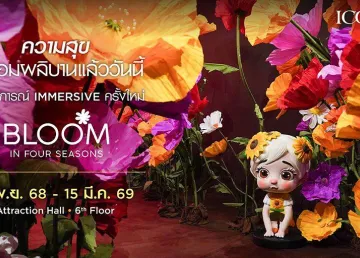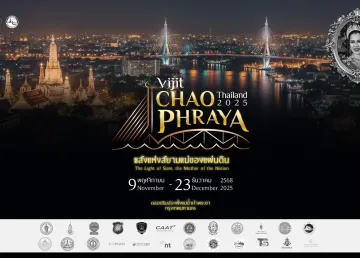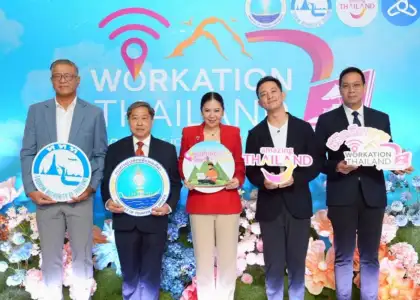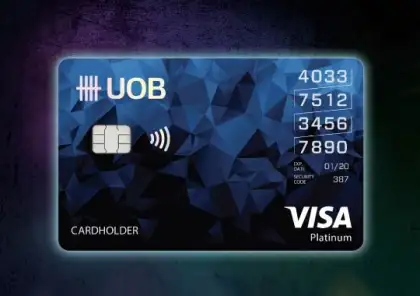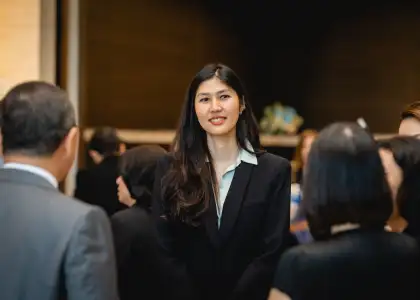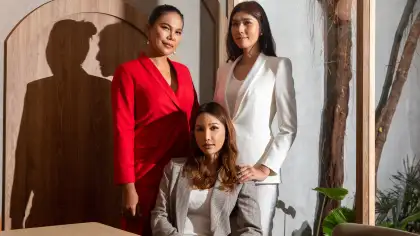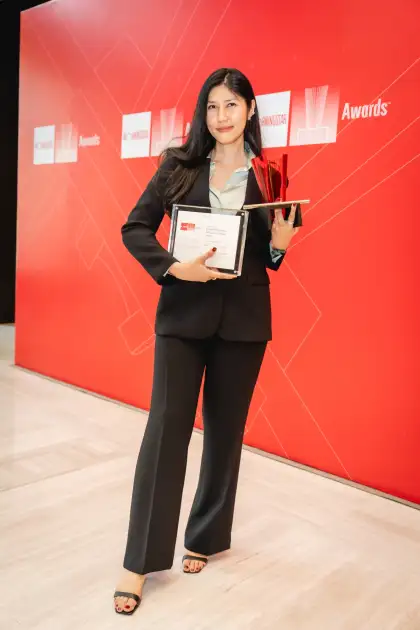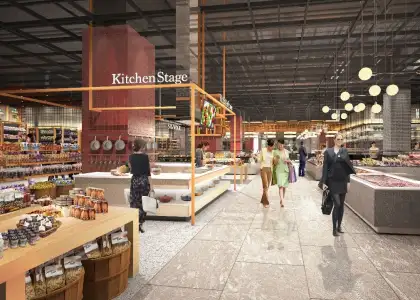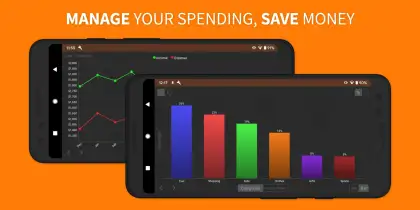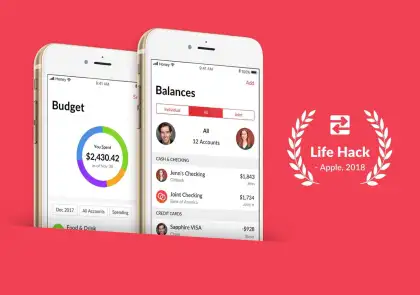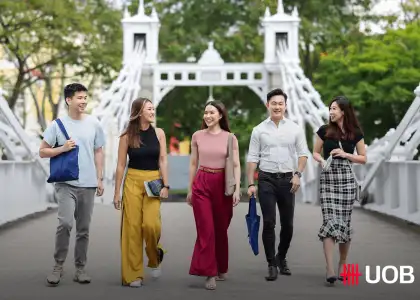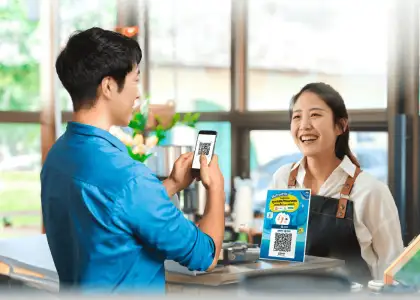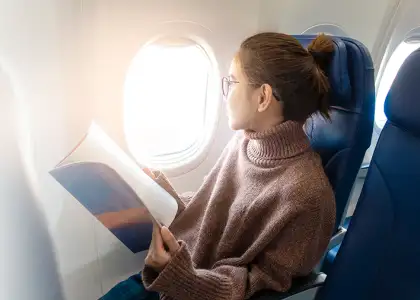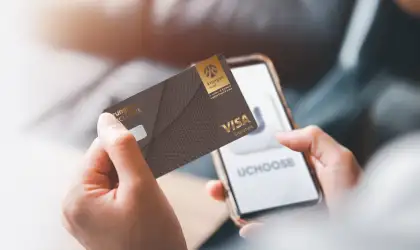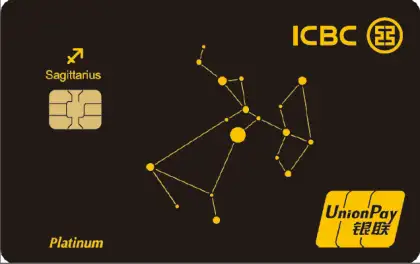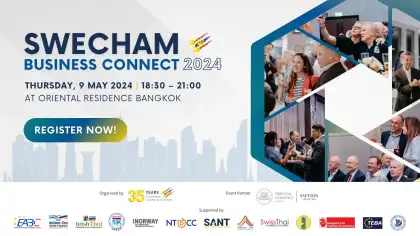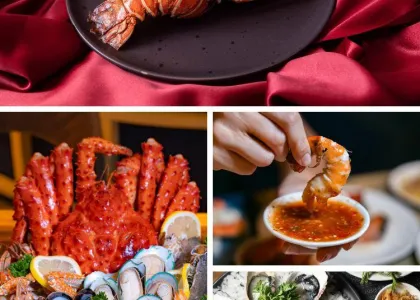Elevator Pitch: Christy Innouvong, Co-Founder of Courageous Kitchen
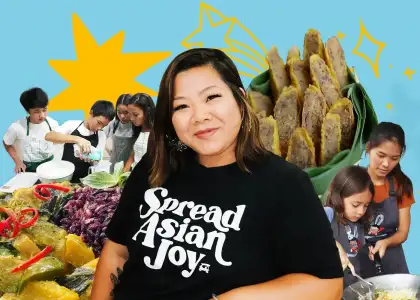
Christy Innouvong knows full well the struggles that come with poverty and the value of education in breaking its cycle. The co-founder and deputy director of Courageous Kitchen, she is also a daughter of refugees who fled Laos during the Laotian Civil War by floating down the Mekong River on a banana tree trunk.
Growing up in a predominantly white suburb in Seattle caused her feelings of alienation from her family's culture and heritage, which led her to visit Southeast Asia (in Bangkok, specifically) to discover more about her ancestry. It was in this experience that she met Dwight Turner, an advocate for asylum seekers and refugees, thus compelling them to establish Courageous Kitchen together.
Courageous Kitchen gives justice to its name, as it works at the grassroots level to reach vulnerable children in Bangkok who are at risk of exploitation due to poverty, malnutrition, lack of access to education, and lack of shelter. Thailand has made notable strides to reduce the number of people living below the poverty line, from 67% of the population in 1986 to 6.3% in 2021. However, according to the National Economic and Development Council via UNICEF on Oct. 17, 2022, child poverty in the kingdom stood at 9.9%, which is remarkably higher than the overall population's.
Through cooking classes for tourists, Courageous Kitchen is able to continue its initiatives for marginalised youth and communities at no cost, including kitchen training, English classes, resettlement assistance, and the distribution of medical and hygiene products, among others.
To learn more about Courageous Kitchen's good work, The Beat Asia chatted with Christy to talk about her role in the organisation, her journey as a co-founder and advocate, and the team’s courageous goals this 2024.
Hello, Christy! What inspired you and Mr. Dwight Turner to establish Courageous Kitchen?
I was raised in Seattle, Washington by my father's sponsors after my parents fled Laos during the Secret War. Growing up in a white suburbia, I felt disconnected from my culture and heritage. It wasn't until my teenage years that I delved into my family history and questioned my identity.
Service was ingrained in me early on, and I dedicated my free time to volunteering, earning a scholarship for my community efforts. Seeking to learn about my ancestry, I ventured to Bangkok, only to face challenges in finding traditional employment due to racial discrimination. Dwight was already supporting asylum seekers and refugees, and I soon realised it became my calling too. It was a full circle moment: witnessing the struggles of these families mirrored my own, and soon, Dwight and I established Courageous Kitchen, initially offering English lessons that evolved into cooking classes.
The response was profound; malnourished and despondent children transformed into eager learners, gaining vital life skills in a safe kitchen environment. As our programmes expanded, we garnered support from the local community, leading to the establishment of our social enterprise. Through Thai cooking classes for tourists, we provide kitchen training and employment opportunities for young participants, many of whom secure full-time positions at local restaurants after graduation. Proceeds enable us to sustain our mission of offering educational support, food aid, and housing assistance to marginalised communities in Bangkok and the United States.
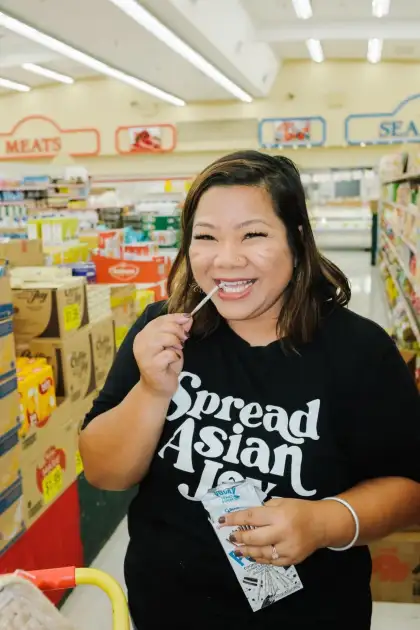
What pain point does Courageous Kitchen seek to address?
The families we serve are at risk [of] exploitation because of extreme poverty, malnutrition, and a lack of access to education and safe shelter. Due to the lack of adequate resources available, especially in marginalised communities, the most vulnerable youth are left to cope with the emotional and physical distress on their own. I understand that youth who experience compounded negative adversities are far more likely to suffer in terms of self-worth, depression, anxiety, and suicidal thoughts, as I was once one of them. Through mentoring, teaching, and public health services, we aim to heal families from the effects of displacement.
Courageous Kitchen currently provides these services at no cost to participants:
- Kitchen training + social entrepreneurship
- Cooking and English classes
- Distribution of food, medical, and hygiene products
- Support for housing and medical emergencies
- Case management + resettlement assistance
Through our kitchen-based programmes, we combat poverty by equipping participants with a diverse range of skills essential for future employment. They not only learn practical kitchen skills applicable globally but also develop teamwork, creativity, and delegation abilities. We foster a multilingual environment, encouraging proficiency in both Thai and English. Additionally, we support parents in the community by providing job placement and livelihood assistance to enhance overall household income.
How would you describe your role as Courageous Kitchen's deputy director?
With over a decade of fieldwork experience in social services, I've worked extensively with refugees, asylees, trauma victims, and immigrant communities. As a daughter of refugees and a self-identified low-income Southeast Asian American, I bring a unique perspective to my role as co-founder, directly providing resources through a cross-cultural approach that reflects my own experiences and intersectionalities.
My work with Courageous Kitchen extends globally, mentoring students in North Carolina, California, and Thailand. During the pandemic, our organisation faced significant challenges due to our heavy reliance on tourist income. To address this, I launched an e-commerce business called Tuk Tuk Box, highlighting the Southeast Asian diaspora to raise funds and share the stories of Courageous Kitchen families. Currently, I'm focused on content creation, managing the business, and developing a cookbook for release later this year.
Being an entrepreneur means wearing multiple hats simultaneously!
How did the co-founders decide to focus mainly on cooking classes to fund the non-profit organisation?
Firstly, we're passionate food enthusiasts! Despite Bangkok's diversity and abundance of food, we witnessed families still struggling to put food on the table. It's easy to overlook this from a Western perspective, where food is readily available and affordable.
Recognising food's power to bridge cultural divides, we embrace it as a means to ensure every voice is heard. Sharing a meal fosters a sense of family and the hope for moments of peace. For us, food is a universal language that transcends linguistic and cultural barriers, serving as a conduit for connection and care within our communities.
Dwight and I aim to serve as cultural liaisons, leveraging our platform to connect and give back in a culturally conscious manner. Our primary endeavours involve leading cooking classes and street food tours to raise funds. Additionally, we offer online classes, enabling participation from participants' own kitchens. These experiences not only generate income but also provide supplementary education, addressing the limited pathways available to our families in Thailand. Among our initiatives, cooking classes have been particularly popular among students, offering relatable skills for daily use.
What are the most common challenges you've encountered in managing a public charity like Courageous Kitchen?
Like many grassroots organisations, our main challenges lie in funding and people power. Bangkok's transient nature means volunteers, including myself, often come and go, making it difficult to meet the demands of our work. This leads to stretched resources and limited capacity to manage everything effectively, especially considering the language barrier and the sensitive nature of the communities we serve.
Volunteering with us may not be as impactful or easily approachable due to these unique challenges. We have specific needs when serving a community of hundreds, which adds complexity to our operations.
To sustain our organisation, we heavily rely on tourism, resulting in fluctuating funds. To address this, we're diversifying our revenue streams by offering services like catering and expanding into digital offers such as courses and guides.
How do you and the team tackle these challenges?
After a decade of working together, Dwight and I value honest communication. We respect each other's commitment and ideas, even when we disagree. Our small group of volunteers expands our capacity for administrative tasks and outreach, allowing us to maintain balance and leverage our individual skill sets effectively. Partnerships, whether with chefs or other non-profits, are crucial due to our limited resources.
A strong foundation enables us to communicate diplomatically with donors, volunteers, and partner agencies, fostering growth. We recognise the challenges, especially when dealing with individuals carrying heavy trauma, and hold each other accountable in both professional and personal aspects. Regular check-ins ensure we prioritise our mental and physical well-being, grounding us when we experience tough or trying days.
How do you measure fulfilment in your work?
I believe that money is not a measure of success. I don’t think anyone goes into this type of work expecting a big payday. To me, success is feeling proud and knowing I've given my best effort regardless of the outcome.
For me, there was always a lot of shame growing up [as] Asian, and for a long time, I didn’t know or want to know about my culture. Starting this organisation was a way for me to heal and create a relationship with my biological mom and the greater Southeast Asian community.
Many individuals, like myself, identify as second- or third-generation, often feeling caught between cultures. I aim to challenge the notion of a monolithic identity. There's no single definition of being "Lao enough" or "Asian enough." I believe in accepting myself as I am, and I want the youth I work with to embrace that belief too.
It was once my own family in their shoes, floating across the Mekong River on a banana tree trunk to escape. I know what it feels like to go without, and if I can, in any small way, empower or inspire others to learn, heal, and find the courage to persevere, it brings me joy. Advocating for a safe and inclusive environment where their voices are heard and valued is my ongoing commitment.
How does Courageous Kitchen engage with underserved communities to support the youth who are at risk of poverty, malnutrition, and poor education?
Since our social enterprise's inception in 2016, Courageous Kitchen has hosted nearly 2,000 guests for our cooking classes and street food tours in Bangkok and online. The guests who join learn about our work, spreading more awareness to issues, and interact with our kitchen trainees, giving them an opportunity to sharpen their language and culinary skills.
Extending our impact beyond our city has been incredibly gratifying. To serve the community effectively, we collaborate closely with local schools, businesses, and other stakeholders. This collaboration may involve organising pop-up markets, dinners, or public cooking demonstrations.
For you, how important is education when it comes to breaking the cycle of poverty and why?
I’ve witnessed firsthand the struggles of families (including my own) trapped in poverty due to lack of education and resources, a situation exacerbated by limited job opportunities for immigrants or people of colour. Education is crucial for empowerment, enhancing employability, increasing income, improving health, fostering community development, and breaking the cycle of poverty. Access to education creates a level playing field, offering individuals the chance to build better lives and contribute to societal progress.
Enhancing education not only has lasting effects across generations but also promotes positive mental health outcomes. Despite achieving financial independence, many families still grapple with a scarcity mindset, fearing a return to poverty due to ongoing trauma. Alongside continued education, providing financial literacy is essential to prevent regression into poverty.
How does Courageous Kitchen contribute to the empowerment, health, and education of marginalised youth through its initiatives?
In addition to health and wellness programmes, nutrition training and expression can profoundly heal by empowering youth with healthy coping skills, boosting their self-worth. Educational initiatives play a crucial role in alleviating traumatic stress disorders, depression, and negative perceptions. My approach involves peer-to-peer mentorship in kitchen training, technology, and arts, fostering a safe space for creative expression free of shame or judgment.
Offering no-cost community classes cultivates leadership by allowing participants to share their stories, find meaning, and develop life and job skills. Moreover, we collaborate with local organisations and businesses to raise awareness and provide additional support. Notably, we're proud of our partnership with Baan Dada, aiding migrant families along the Burmese border with emergency PPE, medicine, and life-saving vaccinations during the pandemic.
How do you picture the growth of Courageous Kitchen in aiding more youth out of poverty in Bangkok?
I'm passionate about immigration reform and creating a safer, more humane pathway to citizenship. My aim is to understand the legal system better, delve into policy, and work towards reducing the lengthy wait period refugees endure before transitioning to a third country. Additionally, I'm committed to enhancing technical training for our students, catering to their diverse interests such as photography, real estate, law, and computer science to better prepare them for a digital world post-pandemic. Expanding our team would help streamline and sustain training for economic development.
What are your hopes and goals for Courageous Kitchen this 2024?
Over the past decade, I've gathered stories and recipes from Southeast Asian and refugee families worldwide. I recently launched my first digital cookbook and curated a collection on my Tuk Tuk Box website, featuring over 50 recipes. Currently, I'm collaborating with students on a hardcopy version, involving them in research, illustration, e-commerce, and encouraging them to share their own narratives. This project has helped students express themselves, recognise opportunities, and document our organisation's growth. It’s also a visible documentation of not only how far we’ve come as an organisation, but how much I’ve grown individually from when I first stepped foot in Bangkok 10 years ago. Proceeds from cookbook sales will fund future programming and youth skills training. We welcome support for project completion and always appreciate volunteers or donors.
Read more about Courageous Kitchen here. Follow Courageous Kitchen and Christy Innouvong on Instagram for more updates.
Enjoyed this article? Check out our previous Elevator Pitch profiles here.
Get the latest curated content with The Beat Asia's newsletters. Sign up now for a weekly dose of the best stories, events, and deals delivered straight to your inbox. Don't miss out! Click here to subscribe.



